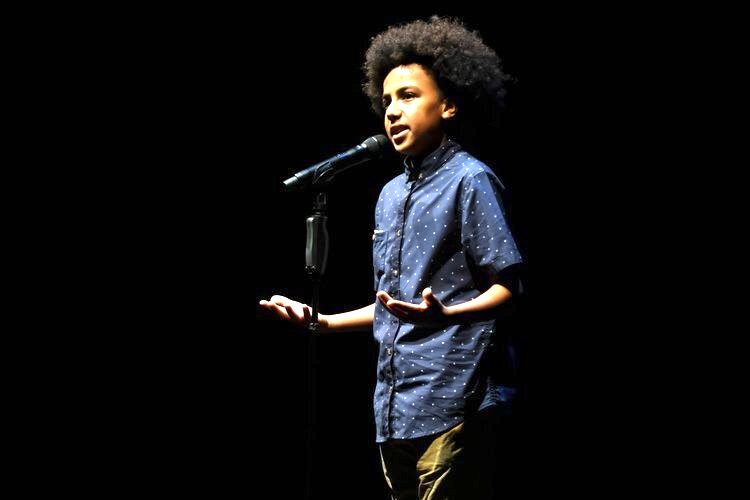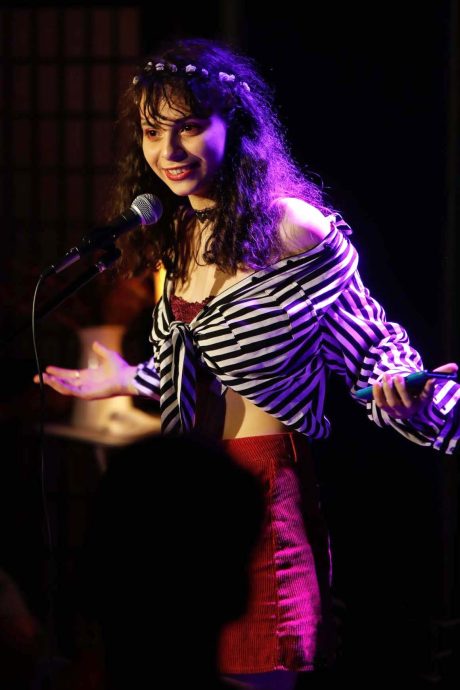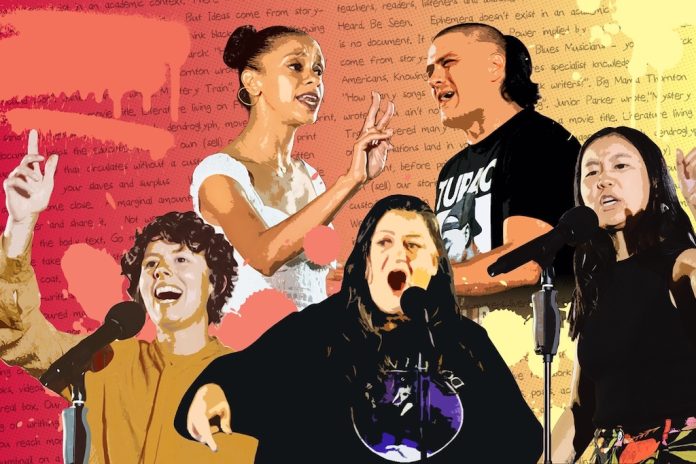The Word Travels’ annual Story Week will run from October 1 to 8 featuring
20 events to be held in venues ranging from the Sydney Opera House to local community centres.
The week will showcase the works of about 100 writers of diverse backgrounds, including poets, storytellers, comedians, lyricists and idea-spreaders. The 7-day event will include performances such as “What the Hell is an Australian Story?”; discussions such as “WTF Do We Love/Hate about WFH”; and liter-arty experiments such as poetry slams and Chat Battle – where poets compete with Chat GPT.
Miles Merrill, Word Travels CEO and creative director of Story Week, said this year’s program will also bring along its Kid’s Story Day series – a new program full of writing and storytelling workshops for children.

There will also be events under the First Person’s Voice that seeks to share indigenous voices.
Asked about events such as Shouting 101 and Why Cry? that convey negative feelings,
Merrill said these are “essential”.
“I think these [shouting and crying] are things we do in our everyday life,” he said. “Like me, when I watch The Simpsons, I cried. And is that a bad thing? Why do we cry? Are
trigger warnings necessary? Complex ideas and feelings need to be in our public discussion, they are part of our stories.”
This year’s Story Week theme features Palimpsest – words erased but still visible beneath
bold text.
“What colonisers do is that they erase and write over sacred texts of their colony,” Merrill said. “But even so, you can still see traces of those sacred texts beneath them. We are colonised in our use of language.
“We have stories that are untold and need to be told, voices needed to be heard. I think it is essential for us to have conversations that are more than just ‘Hello, how are you?’. And through art, I think it helps us express ourselves and understand each other better.”
Story Week is very much about communicating “Australian Stories” Merrill said. “We need Australian stories to be told, but what is an ‘Australian story’ and who gets to tell it? This is something we would like to explore.
“We need more stories than just [those of] Hugh Jackman or Russell Crowe.”

The creative director said he hopes the Story Week’s “audiences” and its “talented artists of
interesting backgrounds” will have a “sense of being able to present their stories” and “be
surrounded by like-minded people”.
“Usually, actors perform other people’s scripts; you rarely see them performing their own
pieces. [Artists are] always waiting for permission to speak to an audience.
“We’re trying to make artists seen and heard, their emotions and ideas, as it is, as who they are. You [audiences], reading this, have stories to tell. This is your space to fill and listen to others pour their words into your ears, gestures into your eyes.”
Future plans would see Word Travels expand Story Week into the international arena. “We are trying to collaborate with writers’ festivals from countries like Indonesia and
Singapore to present Story Week to the international community,” Merrill said.
Word Travels is a not-for-profit arts organisation that creates literary and literacy programs for festivals, private companies, libraries, schools and cultural institutions around the Asia Pacific with a focus on developing performing writers.


